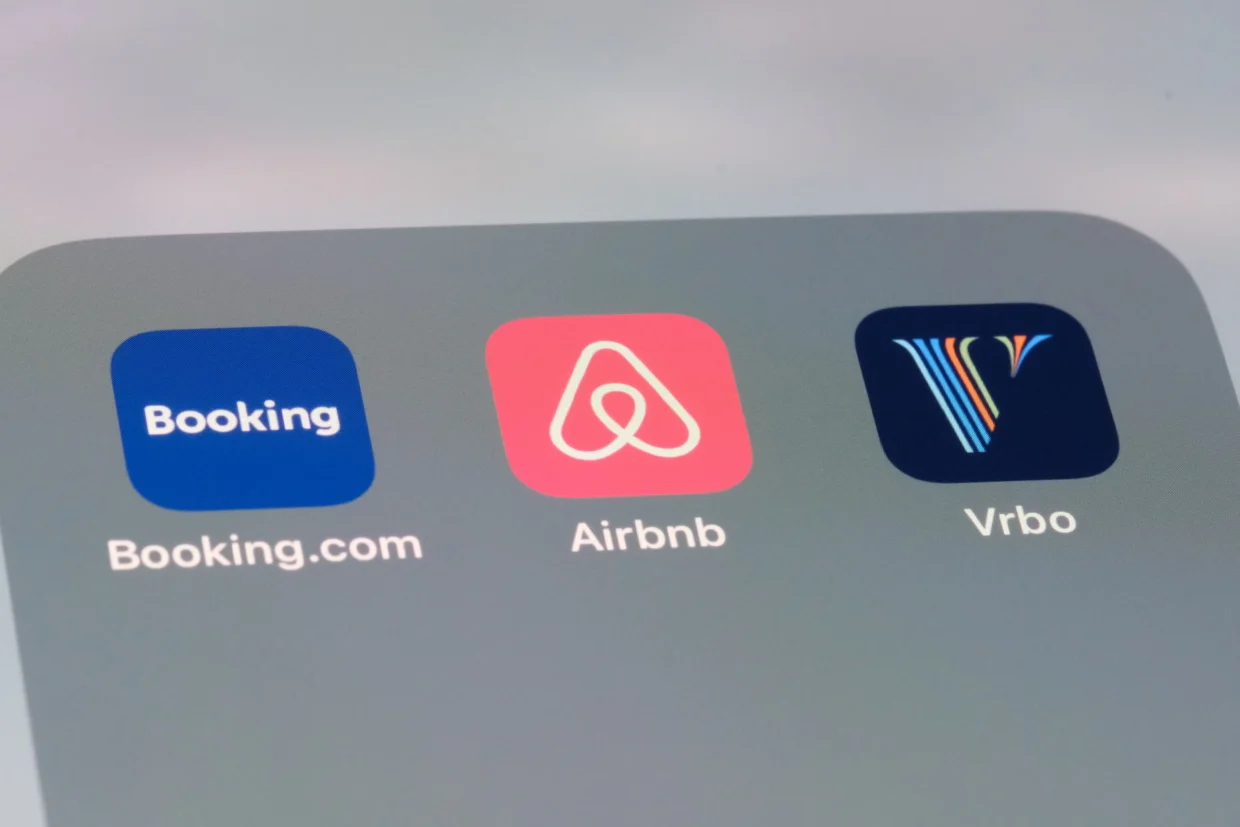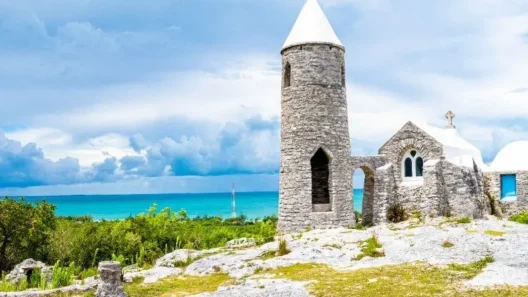Listing your property on Airbnb, Booking.com or Vrbo isn’t enough. If you’re serious about getting more bookings and increasing your income from short-term rentals, you need to treat each platform like a different game — with its own rules, audience, and strategy.
The way you set up and optimize your listings on each platform can dramatically impact how visible you are and how many travelers end up booking with you.
Let’s break down what works best for each of the three major platforms — and how you can fine-tune your setup to get significantly more bookings.
Airbnb: Not Just for “Hipsters in Tiny Houses” Anymore
Airbnb is no longer just about shared spaces or quirky stays. It has grown into a massive ecosystem for all types of travelers — solo explorers, couples, families with kids, digital nomads, and even business professionals. And the better you understand what these guests are looking for, the easier it is to stand out.
1. Earn the “Guest Favorite” Badge
Airbnb’s “Guest Favorite” badge is separate from the “Superhost” status and is awarded per listing, not your entire account. That means even if you manage only one property, you can still stand out from the crowd if you do it right.
To qualify, you’ll need:
- An average rating of at least 4.8
- Almost no guest complaints or cancellations
- Top scores for cleanliness, accuracy, and host communication
The payoff? Higher visibility in search results and more trust from potential guests — which means more bookings.
2. Be Flexible With Cancellation Policies
Airbnb data shows that listings offering flexible cancellation policies can receive 22–27% more bookings. Flexibility reassures guests, especially those who travel with uncertain plans. If you have multiple listings, you can offer flexible terms on selected dates or seasons to test the impact.
3. Offer Non-Refundable Discounts
Some guests prefer saving money over having flexibility. By offering a cheaper, non-refundable rate, you can attract those budget-conscious travelers. It’s not for everyone, but it does help reduce cancellations and gives you a more stable income.
4. Set Your Calendar Months in Advance
Planners are a big portion of Airbnb’s audience. Guests often book properties 8–10 months ahead, especially for holidays and special events. If your listing isn’t available that far out, you’re missing out. Aim to have your calendar open at least 10 months in advance, and more if your property is reliably available year-round.
Booking.com: Where Precision and Offers Win the Game
While Airbnb emphasizes the personal connection, Booking.com is more transactional. Guests here want speed, clarity, and value. It’s especially strong in Europe and urban locations. To succeed here, your listings must be complete, detailed, and competitive.
1. Complete Your Listing 100%
Booking.com ranks listings using a “property page score,” and anything less than 100% complete can seriously hurt your visibility. What does “complete” mean?
- Accurate room and property descriptions
- High-resolution photos
- Full list of amenities
- Clear pricing and cancellation policies
Complete listings have been shown to convert 15–20% better than incomplete ones.
2. Focus on Photos First
Booking.com reports that around 65% of users choose properties based on photos. So your visuals are your first impression. Avoid dimly lit or awkward angles from your phone — invest in professional photography to show your property’s strengths.
3. Use Smart Promotions
Booking.com offers several promotional tools that are worth exploring:
- Mobile rates – great for visibility in the app, which accounts for about 70% of all bookings
- Last-minute discounts – fill your calendar gaps quickly
- Early booking deals – capture long-term planners
- Country-specific discounts – target travelers from specific countries
Just be strategic — don’t offer deals that compromise your profits. Promotions can improve your search position and drive more traffic to your listing.
Vrbo: Whole Homes, Peace of Mind, and Early Planners
Vrbo (Vacation Rentals by Owner) targets a very specific audience: families and groups who want full private properties. There are no shared rooms here — only entire homes. These guests value comfort, clear communication, and lots of amenities.
1. Cater to Families and Groups
Families want specifics and peace of mind. They’re not impressed by trendy minimalism but care about practical things like: cribs, parking spots, dishwashers, washing machines, fenced gardens, and safety. Show those clearly in your description and photos.
2. Invest in Photos That Sell
Vrbo’s audience spends up to 75% of their browsing time looking at photos. That means visuals are everything. Don’t just show the bedroom — include exterior shots, the kitchen setup, bathrooms, and little details like thermostats or kids’ furniture. Add captions too. Consider creating a collage or even including a map of nearby family attractions.
3. Open Your Calendar 15+ Months in Advance
Vrbo users plan vacations early — sometimes 12 to 15 months ahead. If you’re not visible in their planning window, you’re out of the game. Make sure your availability is open for the following year and beyond, especially during school breaks and summer holidays.
4. Include a Detailed Amenities List (40+ items)
The more detailed your amenity list, the more likely you’ll appear in filtered search results. Guests search for very specific things: strong Wi-Fi, balconies, pools, air conditioning, grills, garden views… Go through Vrbo’s checklist and fill in everything that applies.
Vrbo’s Premier Host Program: Trust at First Sight
Vrbo’s version of Superhost is called Premier Host, and it’s a trust badge that boosts your listing and visibility. Here’s what it takes:
- A minimum average rating of 4.5/5
- A cancellation rate under 2%
- Booking acceptance rate of at least 94%
- At least 5 bookings and 3 reviews in the past 12 months
Once you qualify, your listing will show a Premier Host badge, appear higher in search results, and earn more trust from families browsing for reliable rentals.
Final Thoughts: Adapt and Win
The takeaway is simple: each platform favors different strategies.
- Airbnb loves community-driven, flexible hosts
- Booking.com rewards detailed listings and smart pricing
- Vrbo is for fully equipped homes and long-term family planners
Instead of copying your listing across platforms, take the time to tailor each one. Understand the audience, optimize for search algorithms, and stay consistent with quality. That’s how you increase your visibility — and your bookings.














